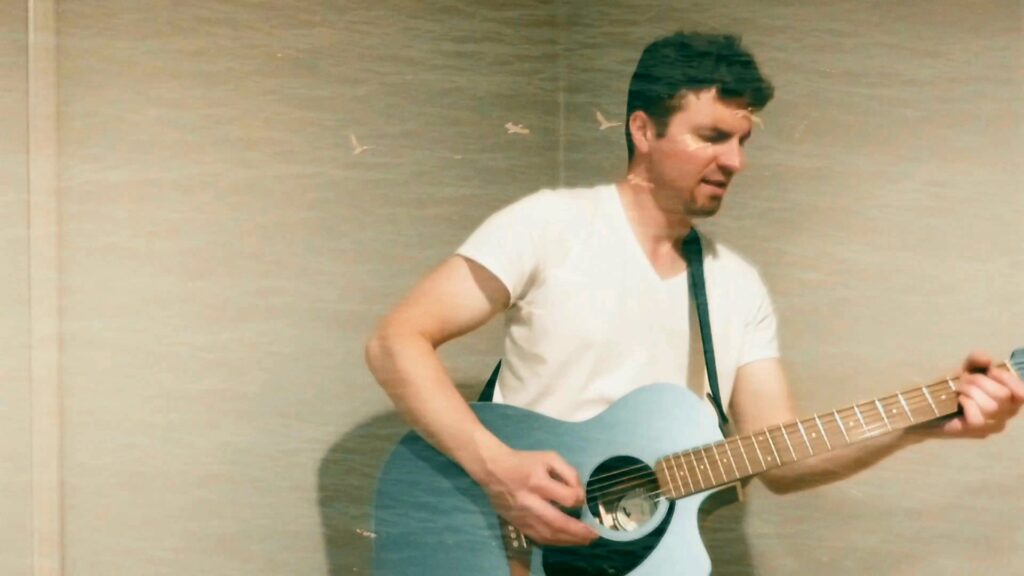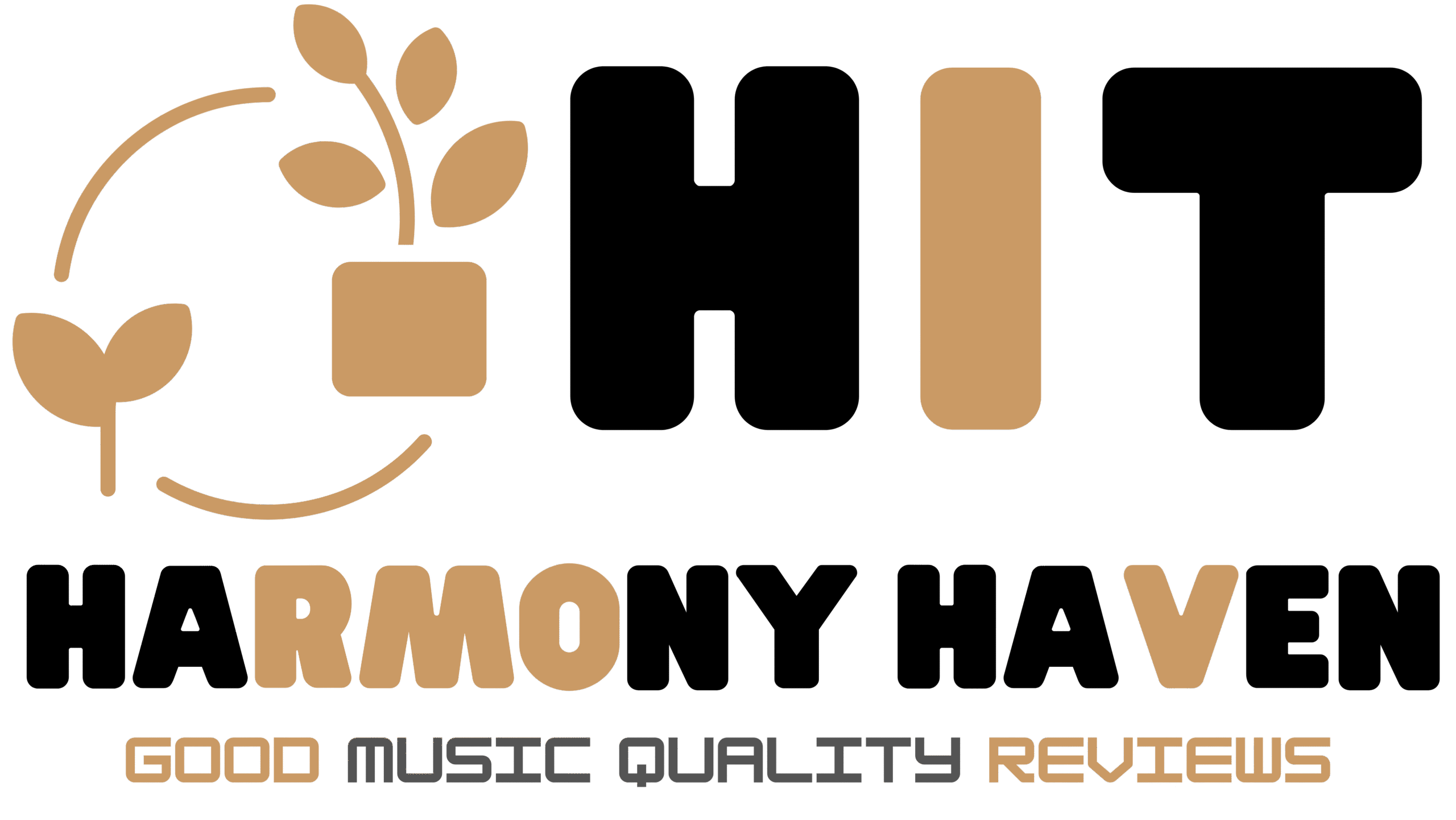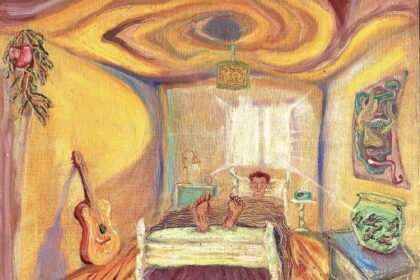Every once in a while, an album arrives that feels less like a collection of songs and more like a document of lived experience. Brian Teubl’s “Chagrin”, released September 5th, 2025, is exactly that kind of record. The Cleveland-based songwriter has crafted a deeply personal second full-length LP that balances raw honesty with polished storytelling, all while wearing the unmistakable imprint of the ’90s Seattle sound that influenced him. Written, recorded, and produced entirely by Teubl at his Bat-Cave home studio in Northfield, Ohio, the album’s intimacy bleeds through every chord and lyric. Yet, it’s not insular—”Chagrin” invites us in, offering a space to reflect on love, grief, isolation, and resilience, themes that remain universally human.
The opener, “I Hate To See You That Way,” immediately establishes the album’s emotional centre. Written about watching a loved one endure something devastating—like illness—this track strikes a delicate balance between heartbreak and hope. Teubl doesn’t shy away from sorrow; instead, he leans into it, using memory as a way to soften the pain. Musically, it nods to the confessional singer-songwriter tradition while echoing the grit of 90s grunge ballads. It’s no surprise this song stands out as one of the album’s most powerful, and reminds us grief isn’t just about loss, but remembering who someone was before everything changed.
From there, “Ghost Me (Ghost Mix)” shifts the energy, layering atmospheric textures over lyrics about sudden disconnection. In the digital age, “ghosting” has become a universal experience, and Teubl captures the hollow ache of being left without explanation. The track’s production lives up to its name—airy effects drift like echoes, while the melody hangs suspended, as if caught in a liminal space between presence and absence. It’s a striking example of how Teubl weaves modern experiences into classic songwriting structures, making the personal feel eerily universal.
If the first two tracks are heavy with emotional weight, “Seasons Of Life” provides a more reflective pause. Built around acoustic textures and nature-driven metaphors, it offers a cyclical perspective on time and growth. Life comes and goes, people fade in and out, but renewal always follows loss. The simplicity of the arrangement allows the lyrics to shine, reminding us that the turning of the seasons mirrors our own inner transformations. It’s the kind of track that makes you want to drive with the windows down, letting memory and possibility flow together on an open road.
The collaborative spirit of “Chagrin” surfaces beautifully on “Trust In Love (feat. Tom Teubl).” With Brian’s uncle Tom lending his voice, the track feels like a conversation between generations, a passing down of wisdom wrapped in melody. The message is clear: love remains a constant, even when everything else falters. Later, the duet with local singer R. Zhee on “Don’t Know Why” expands that dynamic further, layering Teubl’s earthy delivery with her soulful presence. Together, they capture the confusion and quiet sadness of fractured relationships, making the song one of the album’s most haunting highlights.
Perhaps the most surprising moment arrives with “Sappy,” a Nirvana cover. Rather than attempting to recreate Cobain’s jagged snarl, Teubl interprets it through his own lens. The track retains its grunge roots but takes on a more melancholic tone, revealing new layers in the song’s DNA. It’s a brave choice—covering Nirvana is no easy feat—but Teubl pulls it off by prioritising sincerity over imitation. In doing so, he reminds us how much the ’90s sound shaped his artistry, while also showing how those songs can still evolve through different voices.
As the record progresses, Teubl reaches for bigger, more expansive statements. “Millennia (Into The Glare)” is one such moment, stretching beyond the singer-songwriter mould into something more cinematic. The track feels vast, almost cosmic, like staring at the night sky and realising how small and infinite we are. Its atmospheric swells and thoughtful lyricism contrast sharply with the earlier intimacy, giving the album a sense of scope. It’s a reminder that while Teubl often writes about the personal, his vision is wide enough to encompass the larger human experience.
The closer, “When We Rise,” ties the album together with a note of resilience. Where earlier tracks dwell in nostalgia and grief, this one looks forward, urging us to rise above isolation and find strength in connection. It doesn’t dismiss pain or acknowledge, but insists that moving forward is possible. Ending on this track feels intentional, almost like Teubl is offering a hand to the listener: yes, life is difficult, but there’s still light to be found. It’s an ending and a beginning, the kind of finale that lingers long after the final chord fades.

What makes “Chagrin” truly stand out is its recording process. Done entirely in Teubl’s Bat-Cave home studio with nothing more than acoustic guitars, bass, a microphone, and painstaking editing, the album carries a raw warmth that’s hard to replicate in bigger studios. Every note feels unfiltered, like you’re in the room with him as he plays. That intimacy is amplified by the presence of family and collaborators, making the record feel both deeply personal and communal. It’s a reminder that music doesn’t need massive production to connect, but honesty, and Teubl delivers it in abundance.
In the end, “Chagrin” is exactly what Brian Teubl set out to make: a complete singer-songwriter album, the way he envisioned it. Drawing inspiration from the 90s but shaped by his own experiences, it captures the full spectrum of human emotion—nostalgia, isolation, love, grief, and resilience. More than an album, it’s a mirror held up to life’s complexities, asking us to reflect on our own seasons of loss and growth. With its honesty, intimacy, and timeless storytelling, “Chagrin” connects with its audience and stays with them, quietly echoing long after the final note.
For more information, follow Brian Teubl:
Facebook – Spotify – Soundcloud – Bandcamp – YouTube







